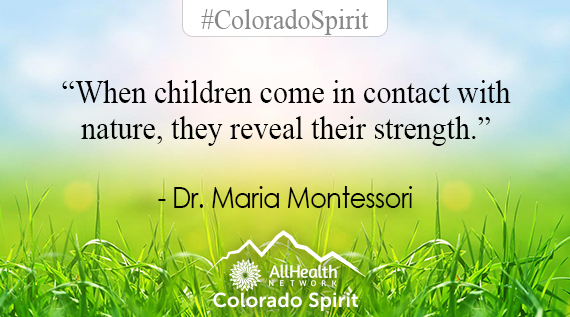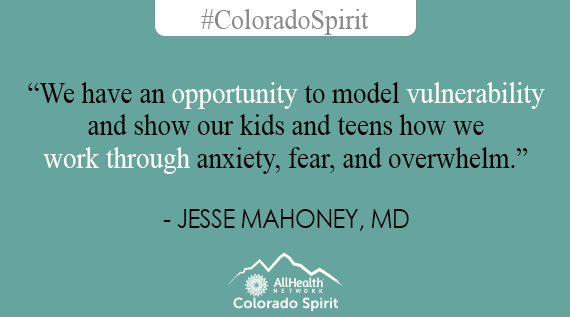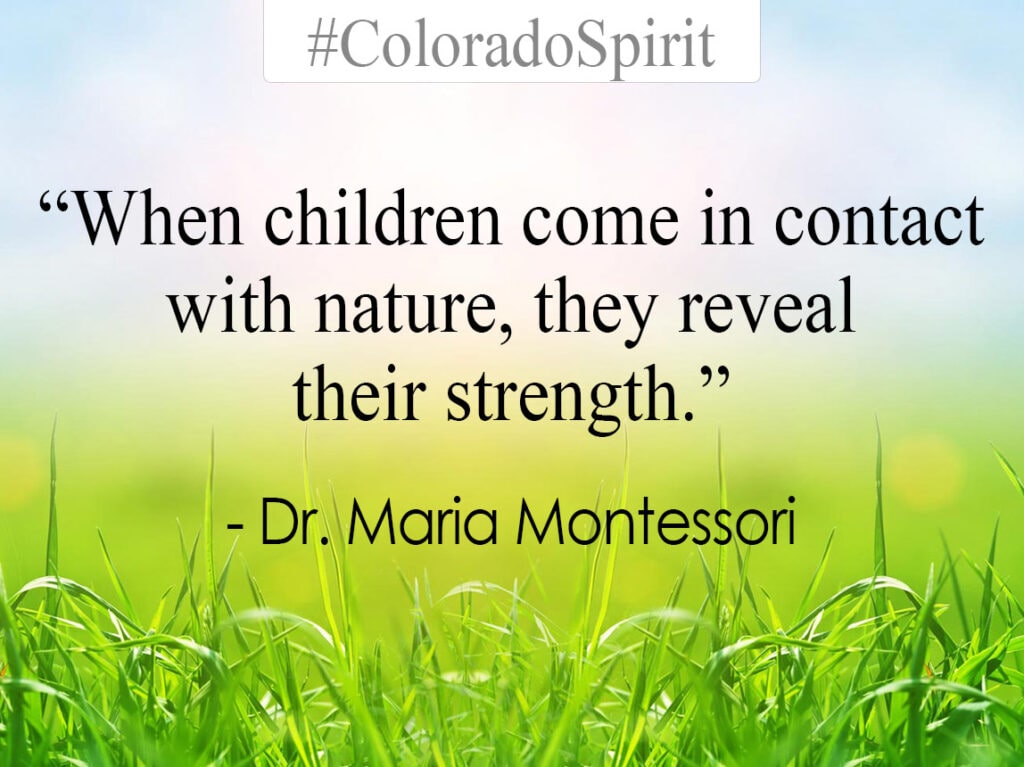For families with kids, this summer likely looks different than any other! Many of our go-to resources to make summer smooth are closed. Vacations might be uncertain or canceled. Kids might have less access to time with friends and extended family. Some kids might even miss the structure and activity remote learning provided. What a set of vulnerabilities to make summer challenging!
We know that no amount of planning and tips will make every summer day sail by smoothly, but here are a few thoughts about strategies that can set us up for more moments of peace and connection.
Take care of yourself – This is tough! Even with some of the restrictions around public health orders loosening, there are still a huge amount of stressors parents and caregivers are facing. Making sure you take time to do things that recharge you is key. Think of your energy as a bank account. You cannot keep making withdrawals without making some deposits. Self-care does not have to be big to be effective. Even a few minutes a day is impactful. Feeling stuck or out of ideas? Check out this article for some suggestions.
Aim for “Good Enough” – You will not be the perfect parent this summer. There is no “perfect” even in normal times…we really need to let go of this concept as we deal with summer and a pandemic! British pediatrician and psychoanalyst Donald Winnicott used the phrase “good enough  mothering” in the 1950’s to describe the process that babies and children learn to tolerate an imperfect world by experiencing manageable parenting failures. Our imperfections and failures help our kids grow. Your kids will learn from you how to navigate challenging situations by seeing you have a hard time too. It’s OK if you are not your best self some days. How you pick yourself up from your struggle and move through your frustrations helps them learn to do this too. Be gentle with yourself and show yourself the same compassion you show others.
mothering” in the 1950’s to describe the process that babies and children learn to tolerate an imperfect world by experiencing manageable parenting failures. Our imperfections and failures help our kids grow. Your kids will learn from you how to navigate challenging situations by seeing you have a hard time too. It’s OK if you are not your best self some days. How you pick yourself up from your struggle and move through your frustrations helps them learn to do this too. Be gentle with yourself and show yourself the same compassion you show others.
Get kids (and yourself) outside in nature – Not only is there a huge amount of research that shows physical activity and movement is important for kids, research is suggesting that time outdoors might impact blood pressure and stress hormones. Other research found that people who took walks in nature had lower levels of activity in the part of the brain that is active when we ruminate on negative experiences. We know that being in nature helps kids build confidence, creativity, and responsibility.
- Need some age appropriate ideas for activities to engage kids in nature? The Thorne Nature Experience has a lot of suggestions.
- Can’t get outside for some reason? Opening windows to let in sun and outside air and listening to nature sounds (even if they are recorded sounds) can provide a shift.
Keep some structure in place – Kids (even teens) benefit from structure. Summer can be challenging under normal circumstances given the shift from highly structured school environments to home. This year is no exception. Setting realistic expectations with kids about chores, how they spend time, and how much time they spend doing any one thing can help everyone be on the same page. Knowing what to expect each day helps kids feel safe too.
- There are even options to keep some remote learning going over the summer. There are local, Colorado partnerships to support reading for Kindergarten through 3rd graders and free online classes on a variety of topics (some even taught by “real-life stars” like Astronaut Leland Melvin and Gymnast Aly Raisman). Just to name a couple.
Choices – Where you can, give kids choices about what they would like to do – Open-ended choices might not always work, so make sure you give choices you are ok with. For example, “When would you like to read? Now or after lunch?” “I need you to unload the dishwasher by 10 am. Would you like to do it now or later?”
Help kids maintain social connections – First and foremost, it’s important that families determine for themselves what they are and are not comfortable with when it comes to getting together in person. Making sure everyone feels safe should be a top priority when setting boundaries. Keeping that in mind, there might still be some non-virtual ways kids can see friends and family members this summer. With the weather being nicer, a meet up for a bike ride or a non-contact game in a wide-open space (hopscotch, Simon Says) could be good options.
Keep talking with your kids – Even though community restrictions are lessening in many areas, the pandemic continues. Kids will still have questions and might start to have new worries. You may see more disappointment or frustration in kids now then you did earlier on. Things that might have been fun before might have worn off, and there might be new disappointments about summer plans changing. Talking to kids in age-appropriate ways about what they are feeling, what questions they have, and what you are doing to help them stay safe is still important.
Explore creative ideas to have fun with your kids – As treasured activities and rituals are canceled or changed, kids will be disappointed. Heck, we are disappointed as adults! Are there ways you can still manage to engage in the fun in a slightly different way? Can’t go to the pool or splash pad? What about water balloon toss, running in a sprinkler, or spraying each other with the hose? We know some activities just can’t be reworked (it is hard to replicate a beach vacation in Colorado), but are there elements of the trip that you can do at home. Maybe you can’t go to the beach side ice cream shop, but there are lots of ways to enjoy ice cream at home!
What about trying something new? – My kids have learned how to play Hearts and Spades the past few months! These are games I remember playing with my great grandparents. We have been able to play cards and share family stories. The stories I have shared are not “big” ones that I would have thought to tell my kids, but now my kids have a whole new base of knowledge about their family.
Would speaking to someone help?
AllHealth Network, along with other community mental health centers, is continuing to provide services via telehealth and by phone. Our Crisis Walk-in Center remains open 24/7 and offers in-person care to those experiencing a mental health crisis. For more information and to get connected with our services, please call 303-730-8858. To learn more about what other community mental health centers are doing, please visit the Colorado Behavioral Health Council COVID-19 website.
If you are experiencing a mental health crisis and are in need of immediate assistance, please call the Colorado Crisis Hotline at 1-844-493-TALK (8255) or text TALK to 38255
How do you know if you’re experiencing a mental health crisis? Click here to learn about mental health crisis warning signs to look out for from the National Alliance on Mental Illness (NAMI)

 Skip to content
Skip to content